Adopting a cat can be quite a challenge as you need to provide it with good food and ensure it stays healthy, avoiding life-threatening diseases.
Whether you have a kitten or an adult cat, you should be aware of cat vaccinations and their tremendous benefits. Although some diseases in cats cannot be transmitted to humans, it is still dangerous and could cause extreme discomfort and pain to your cat.
You might be surprised, but besides stray cats, indoor cats in a clean and safe environment also require vaccination. It could strengthen their immune system and increase their lifespan.
Importance of Vaccination
Whether it is a tiny kitten or a five-year-old cat that you recently adopted, you should make it a priority to get your cat vaccinated, as this could give it countless benefits.
Perhaps one of the biggest advantages of cat vaccinations is that they will reduce your cat’s chances of contracting harmful diseases and improve overall immunological memory. As your kitten vaccinations occur, your little loved one will have sufficient memory cells in its body to fight off future diseases.
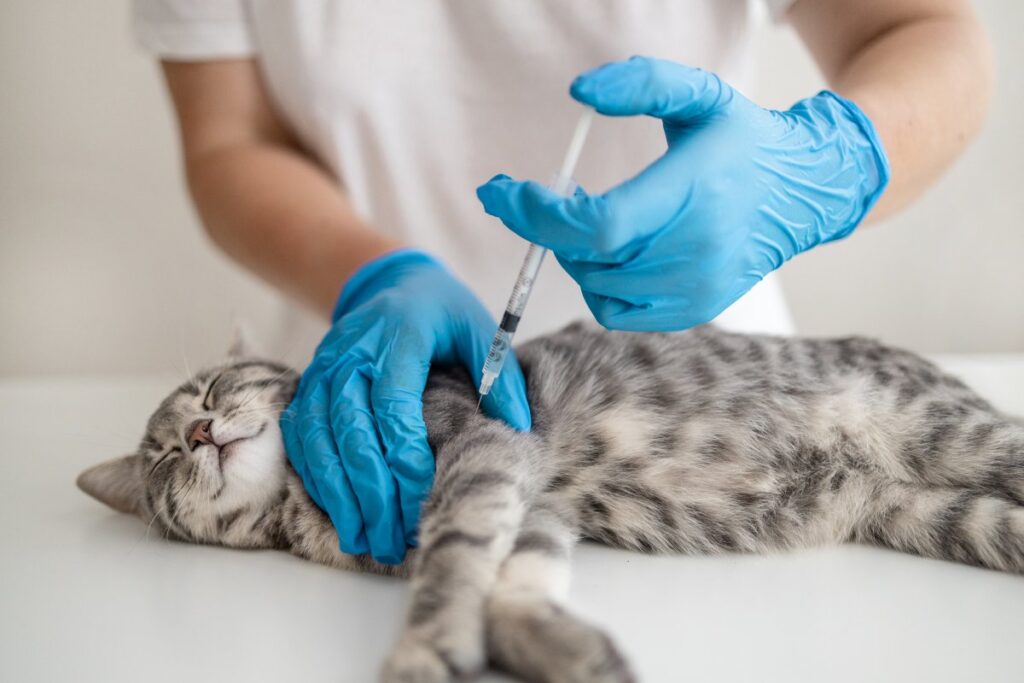
Moreover, cat vaccinations are also crucial to thicken your cat’s coat fur, improve its lifestyle and eating habits, and reduce aggression.
Experts have confirmed that cat vaccinations have caused an increase in lifespan and improved neurological memory, thus improving your cat’s way of living.
Vaccination Age for Cats
Before getting your cat’s vaccination, you must visit a local veterinarian to get an in-depth health condition of your cat. You need to be aware of the potential side effects and the advantages as well.
Typically cat immunization starts when they are only 5-8 weeks old; however, it is at the age of 6 months when cats begin to mature and need proper healthcare to grow appropriately. You could visit your vet to ask if your little one needs kitten vaccinations.
Before reaching the appropriate age for cat vaccinations, you should visit a vet hospital for a proper checkup and confirm whether your cat requires any medical attention.
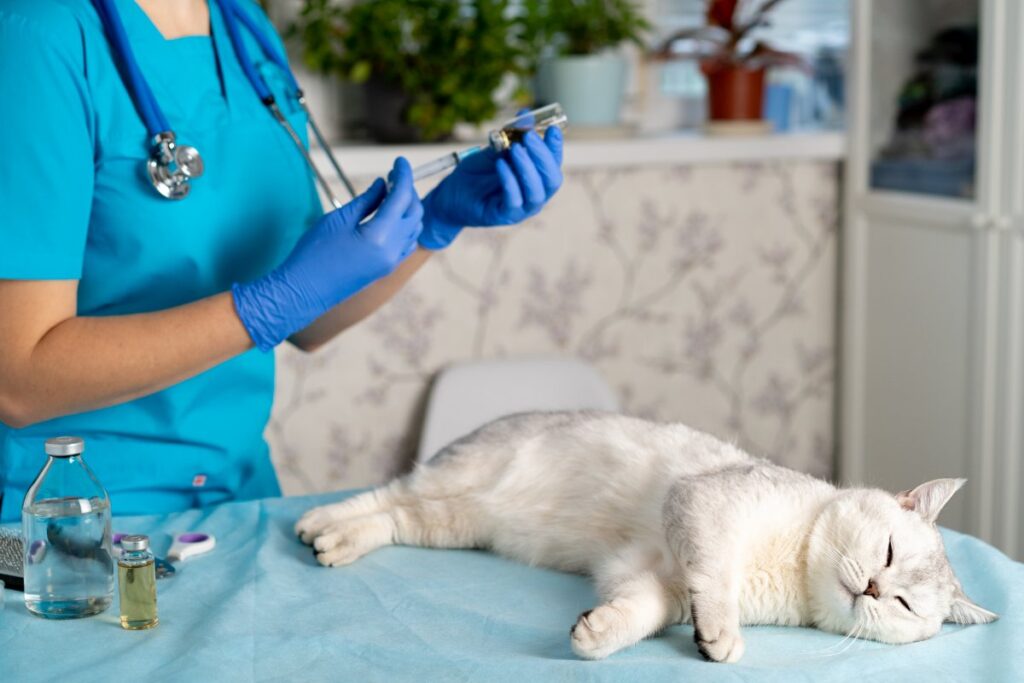
Rabies Vaccination
Perhaps one of the most common and important cat vaccinations that vets will recommend to you is the rabies injection.
If you are unsure whether your cat has rabies or not, it is best to look for symptoms such as aggression or annoyance in shy cats or nervousness in normally extroverted cats. Moreover, another sign of rabies in cats is over-excitement which, at this period, is when rabies vaccine for cats should be given.
If you choose further to delay the rabies vaccine for cats beyond this period, you will notice your cat might start being sluggish, which is a red flag showing your cat’s health is deteriorating severely.
Feline Calicivirus Injection
Besides the importance of rabies injection, another cat vaccination that you should be familiar with is the feline calicivirus injection. Its sole purpose is to protect your cat from developing serious organ diseases.
The signs in the initial stages of this viral infection are frequent sneezing and inflammation around the eyes or nose, which may lead to the next stage with excessive drooling. You may begin to notice that your cat has ulcers in the mouth and a high fever, and at this point, you should not delay cat vaccination.
If you brush these signs off, your cat could be in danger that will ultimately cause organ damage and thus death. Besides your vet giving cat vaccination, you may also be given anti-inflammatory medicine or drops and will be asked to give your cat steam to clear out their congested nose.
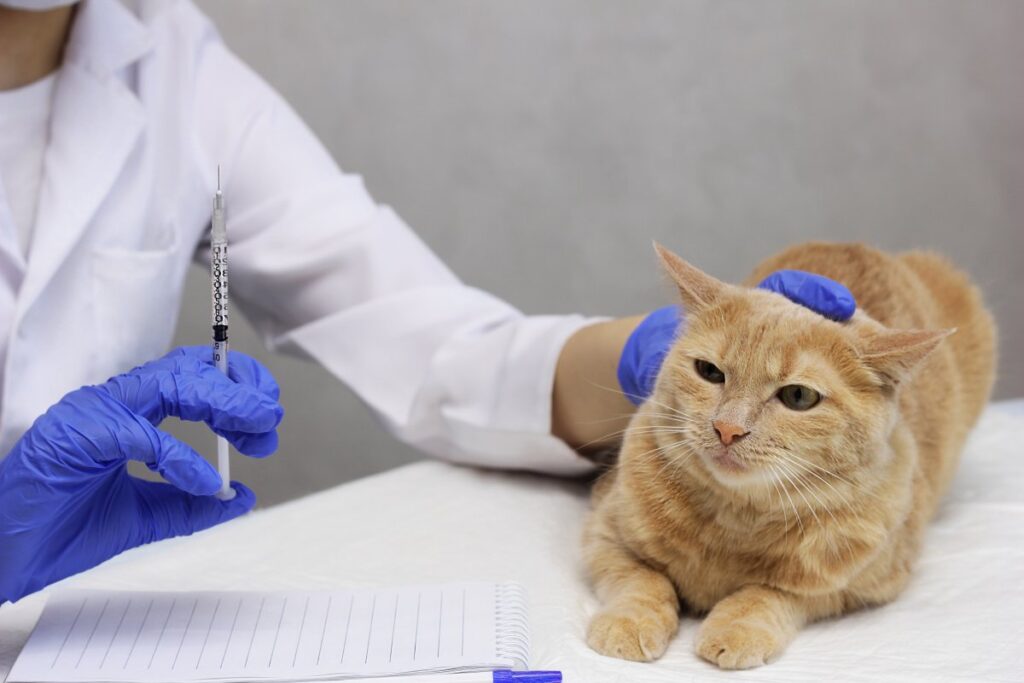
Deworming and Its Effects
One minor yet frequent problem, which is also damaging to your cat’s health, is worms that grow and continuously divide in its stomach or intestine. The main side effect of this problem is your cat’s ability to digest food properly.
These worms, commonly known as roundworms or tapeworms, function by consuming the food in your cat’s stomach, providing the energy to divide further. This could cause serious health damage to your cat as you may notice weight loss, weakness, and frequent hunger pangs in your cat.
Hence you must visit a vet and get your cat vaccinated to prevent further damage from those worms.
Can Kitten Get Vaccinated?
So we know that cats reaching the age of 6 months should get vaccinated, but what about kitten vaccinations? In the life cycle of cats, they usually start to develop or become sensitive to diseases when reaching a certain age. Still, your kitten may contract a disease if it stays close to an ill cat.
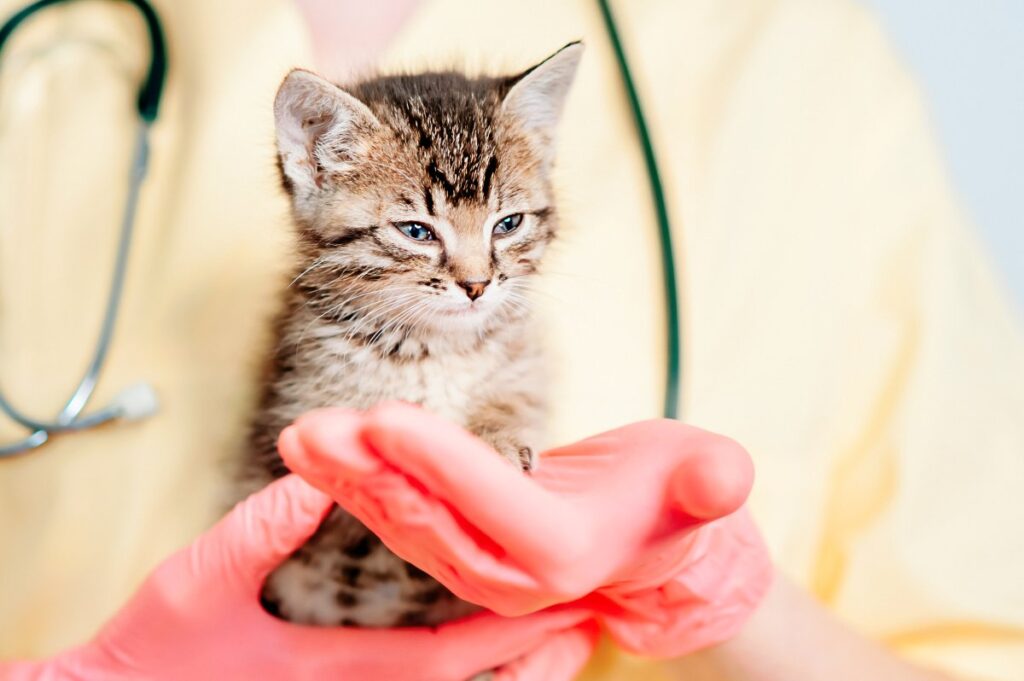
In this case, the best thing to do is to visit your local vet, who will properly guide you to the precautions you need to take to maintain your kitten’s health. Your vet might even give safe kitten vaccinations.
Conclusion
Hopefully, by now, you know that besides monitoring your cat’s appetite, it is equally important to maintain your cat’s health by giving cat vaccinations such as mentioned above. It could help reduce the chances of your cat suffering from potential diseases and give you mental clarity as well.

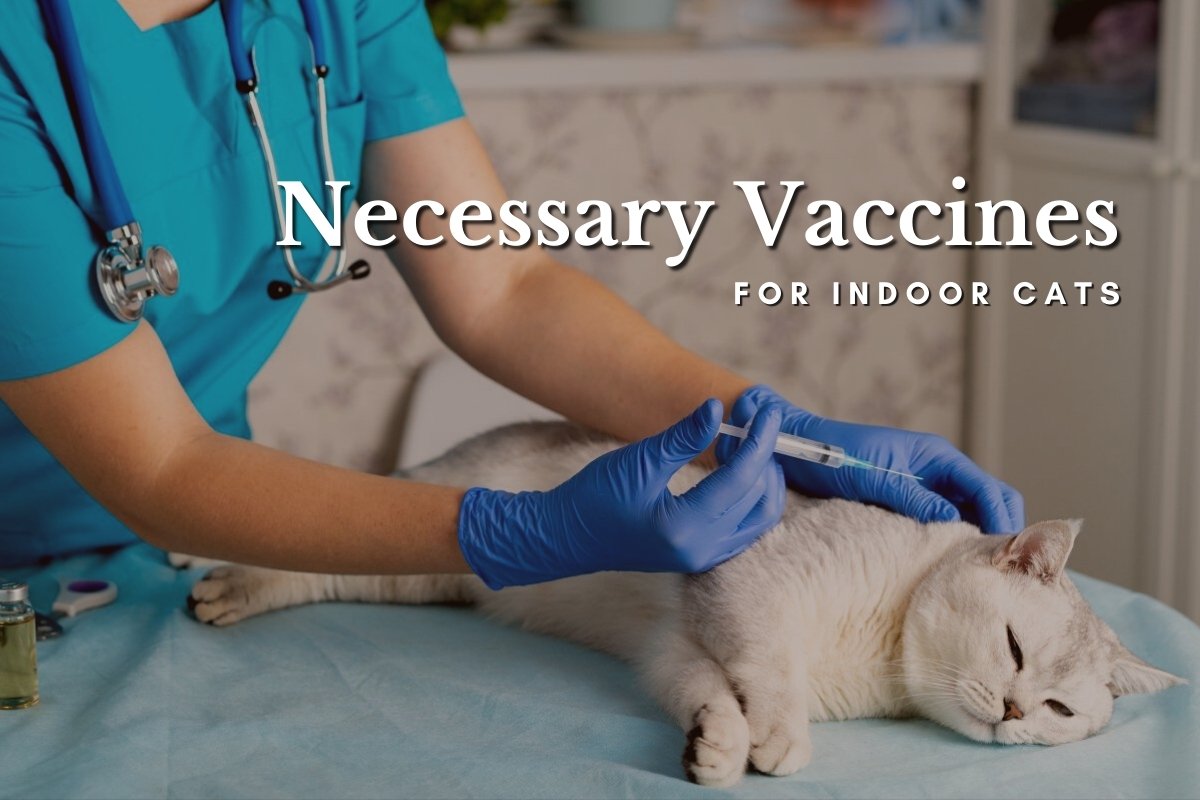
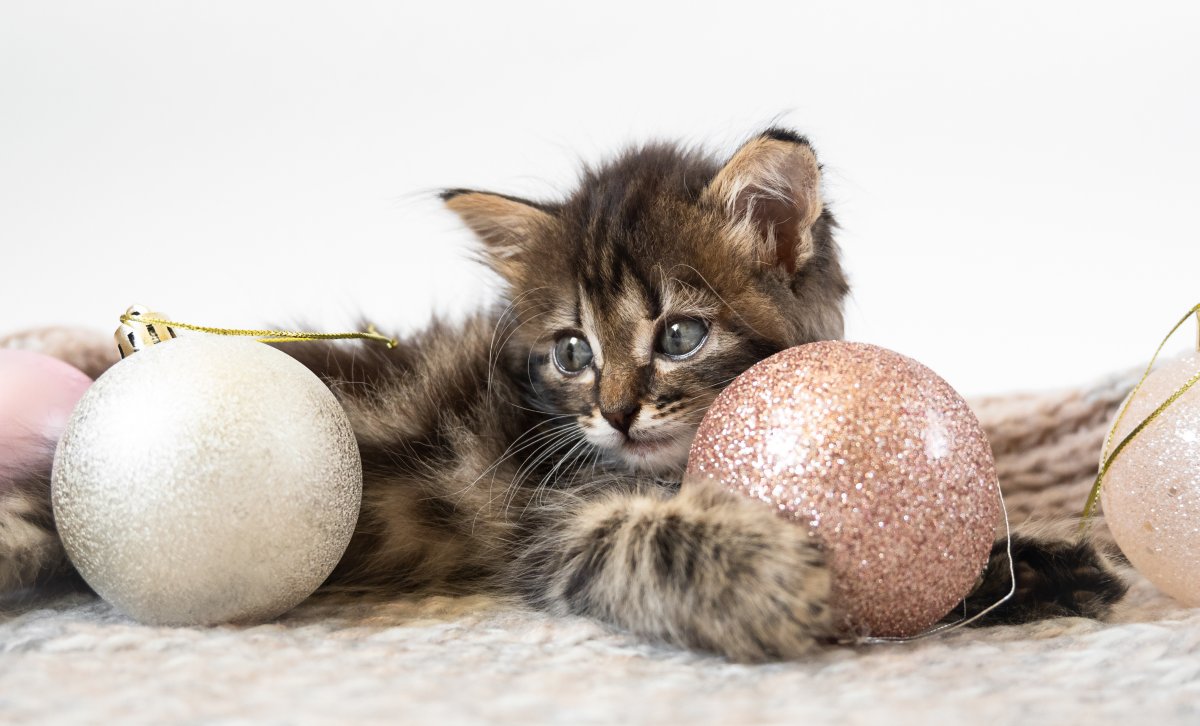
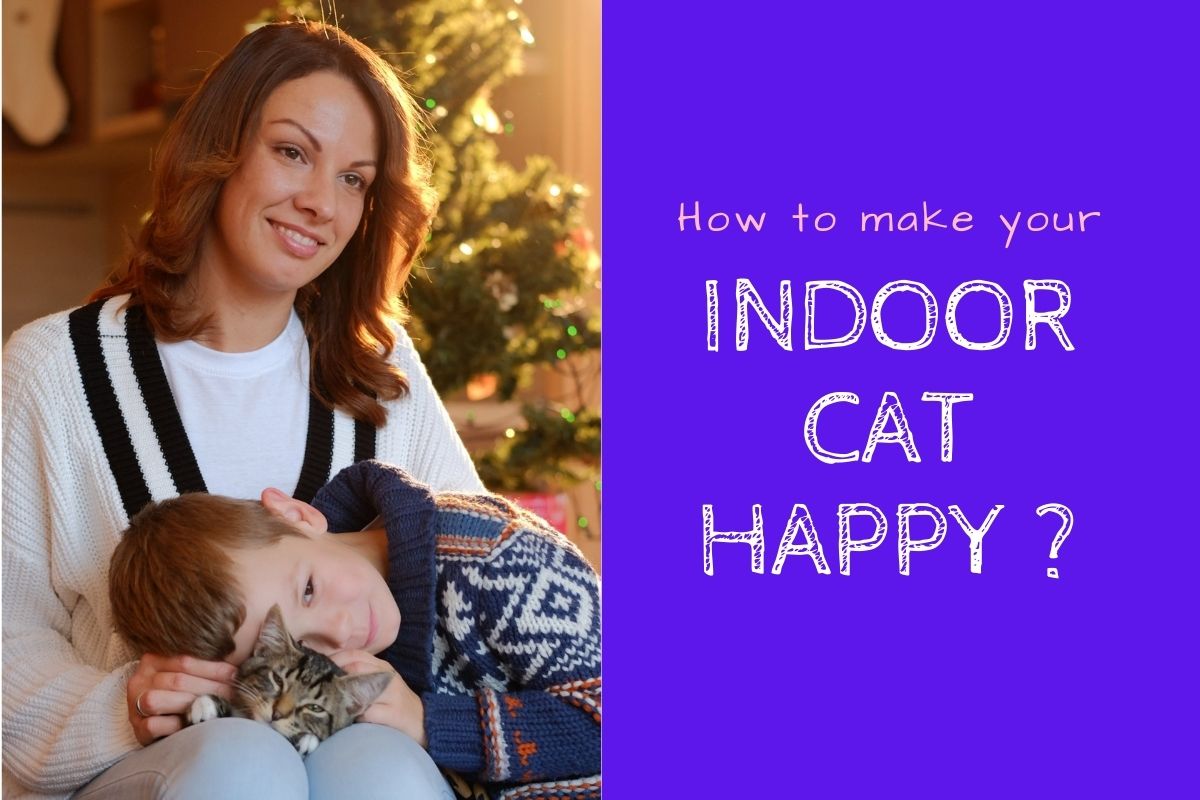
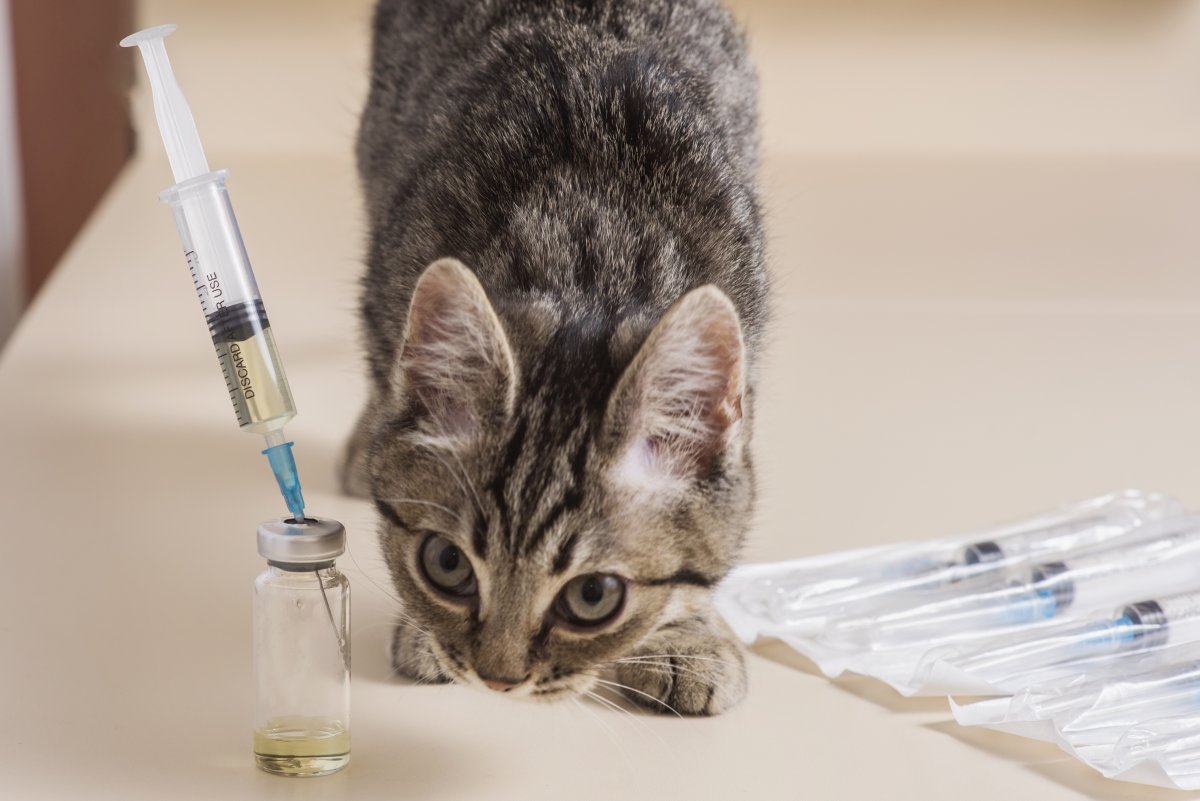
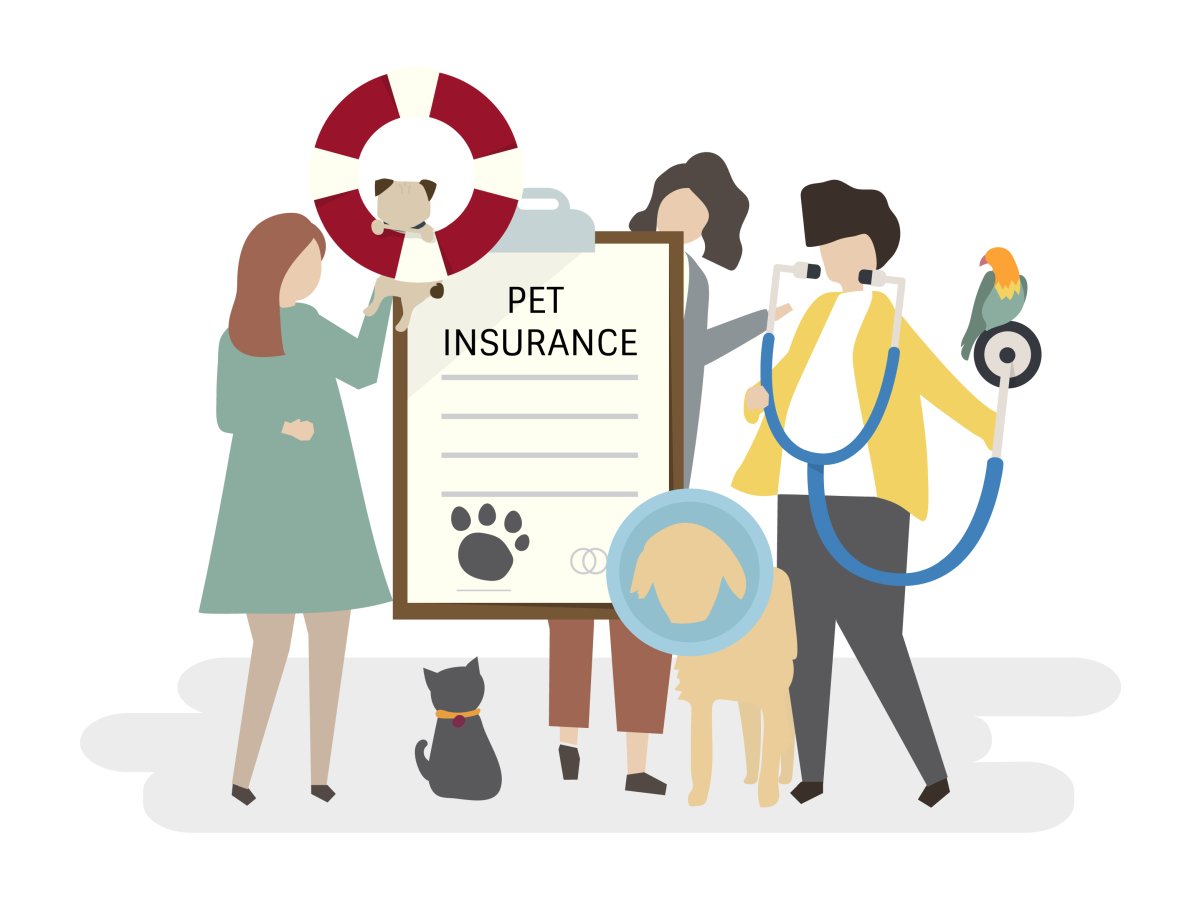
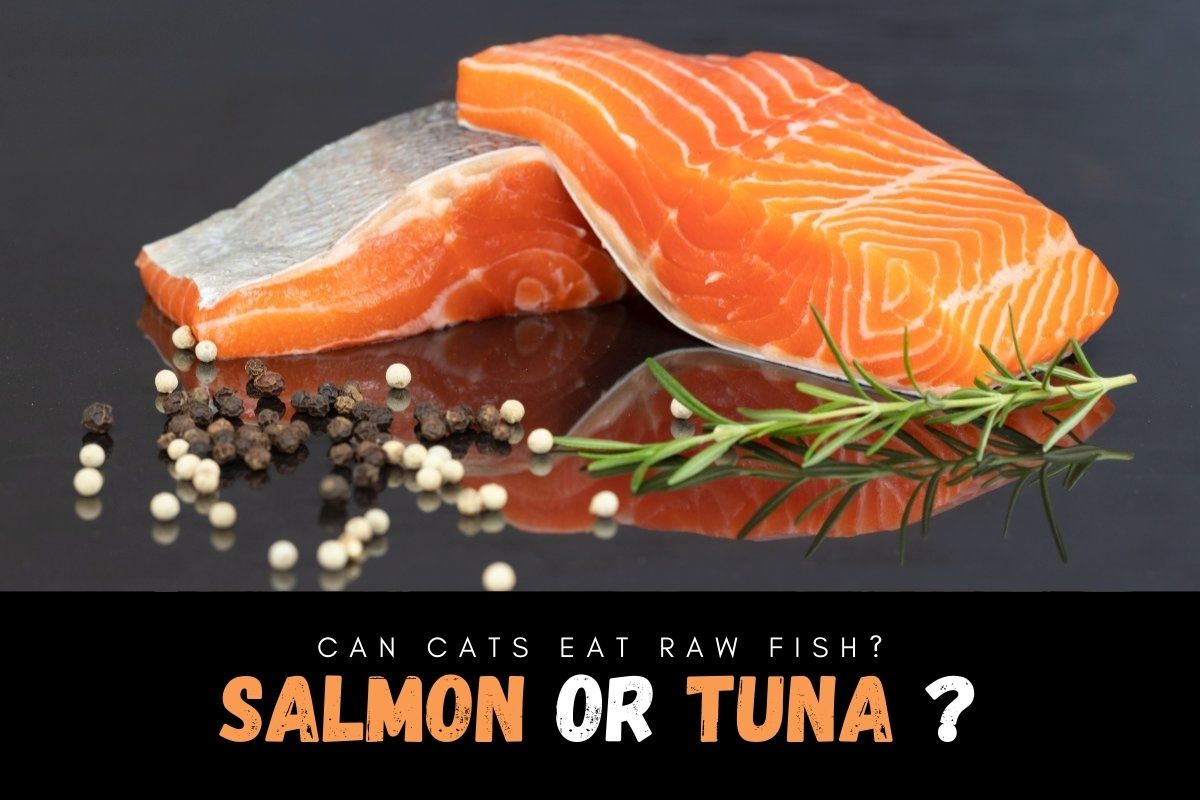

2 comments